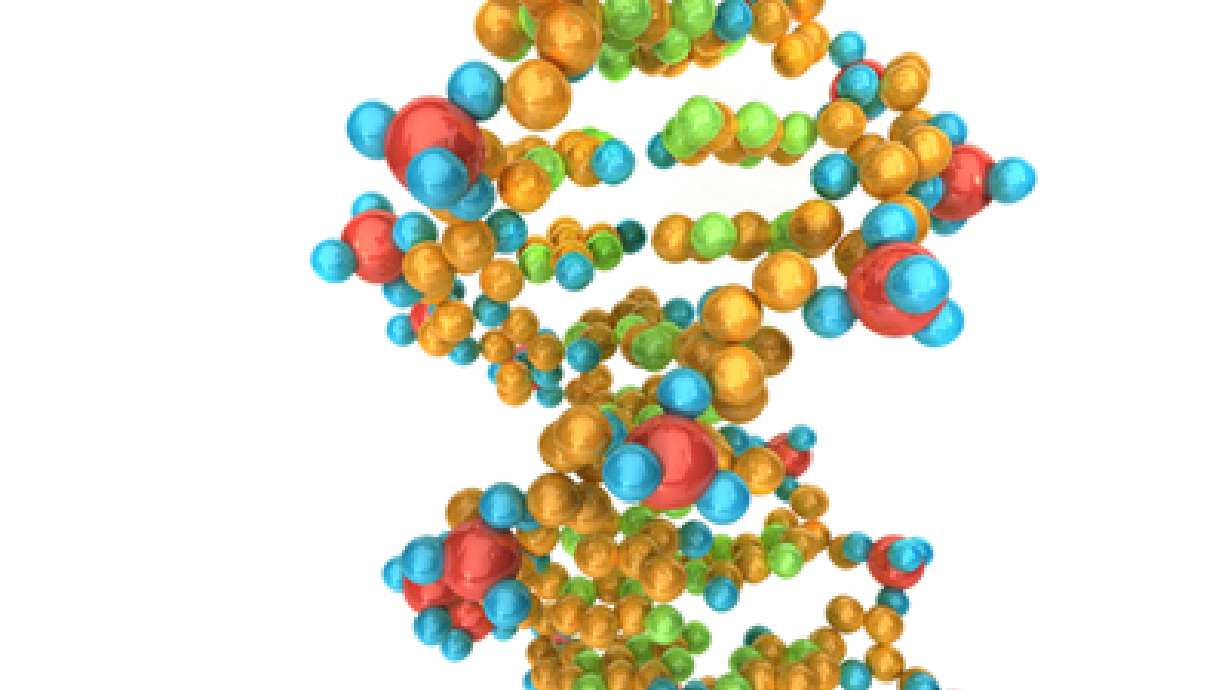Estimated read time: 2-3 minutes
This archived news story is available only for your personal, non-commercial use. Information in the story may be outdated or superseded by additional information. Reading or replaying the story in its archived form does not constitute a republication of the story.
SALT LAKE CITY -- Genetic testing isn't that popular yet, but the federal government is trying to stay one step ahead. Starting this weekend, a new law means employers cannot discriminate based on genetic information.
More people are getting screened for any genetic predisposition to disease or cancer these days, and that means the nondiscrimination list at work is getting longer. It now includes race, color, sex, national origin, religion, age, equal pay, disability and genetic information.
The Genetic Information Nondiscrimination Act (GINA) takes effect Nov. 21, 2009.
Employment attorney Matt Durham with Stoel-Reeves says employers must now post a new sign saying they will not discriminate based on genes.
"If you treat genetic information the same way you treat race or gender or religion, you're going to be on the right track," he says.
Durham says he's not aware of many cases where someone has been fired or not hired because of their genetic makeup. Utah has a similar statute to the new federal one on the books.
"Genetic information needs to be treated like other health information by an employer. It needs to be preserved in a confidential manner," says Durham.
Durham says employers cannot ask for that info; but if they get it, it can't be used to make employment decisions.
For example, he says if an employee mentions around the water cooler that they just got test results back showing they have a gene that predisposes them to breast cancer, the boss must keep that information confidential and cannot suddenly fire the employee because of it.
Durham says employers have to be careful if they are self-insured.
"Because then they are going to be the employer but also going to be the insurer. There are separate requirements for insurers with respect to genetic information. They are not supposed to use it for underwriting or establishing premiums for the insured," he says.
E-mail: mrichards@ksl.com








